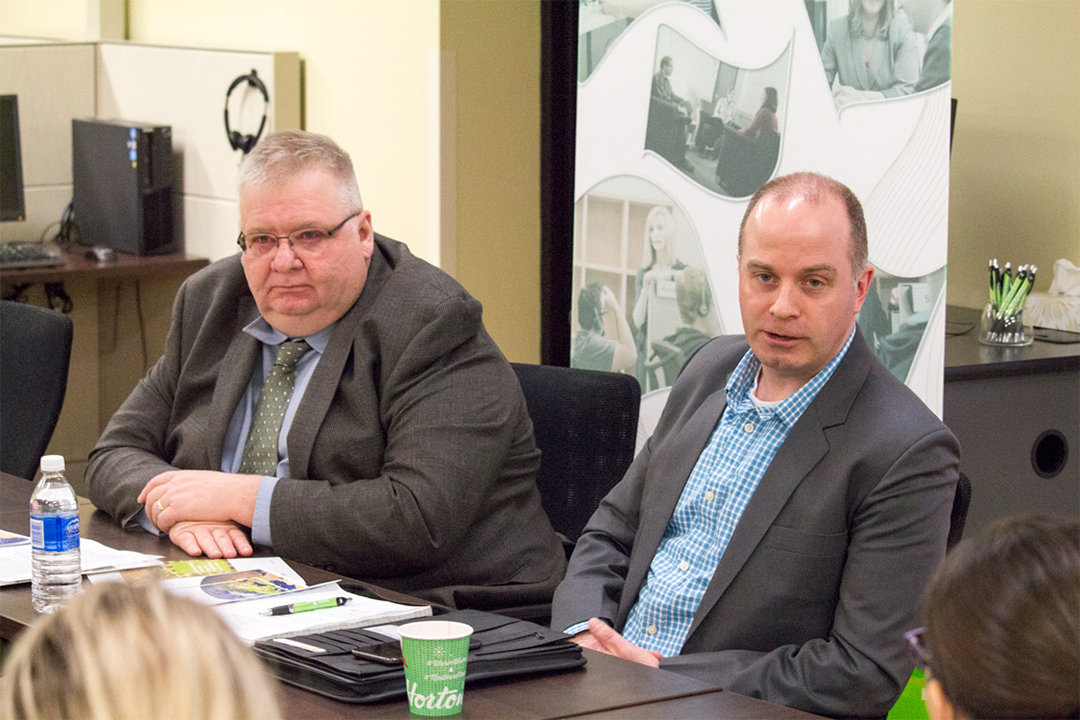In a report released Monday, Social Sciences Research Laboratories (SSRL) and Department of Sociology researchers examine Canadian philanthropic giving to the developing world with an unprecedented level of detail.
Among the most significant findings of the report: faith-based organizations play a critical role in Canada’s international charitable sector.
“According to Statistics Canada, roughly a quarter of people in Canada go to church on a regular basis, yet we found that faith-based organizations are generating well over half of our privately raised international aid,” said Mark Stobbe, a PhD candidate who co-authored the report along with his Department of Sociology supervisor Harley Dickinson and SSRL director Jason Disano.
The scale of private giving is another defining feature of Canadian philanthropy, noted Stobbe.
“The traditional measure of how generous a country is has been to look at the foreign aid budget of its government as a percentage of gross national product,” Stobbe said.
By that measure, according to the most recent data in 2014, Canada ranks as the 16th most generous country—well behind many European nations.
